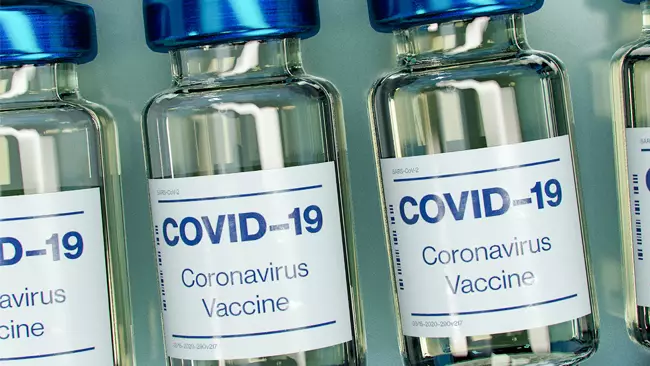Someone recently entered a search for information regarding witnesses in custody trials on my blog. I realized that they probably did not find an answer to their question. So, I will address that issue in case that person comes back or on the off chance that more than one person out there needs that information.
First, it is important to understand the difference between witnesses in temporary custody hearings and permanent custody hearings (in family court, the term “hearing” and “trial” are often used interchangeably even though they have different technical meanings). In most temporary custody hearings in North Carolina, witnesses provide testimony by affidavits only. That means that instead of appearing in court, the witnesses sign sworn written statements reciting what they would say if they came to court. The parties are still required to be present at the hearing, but witnesses can provide affidavits in lieu of appearing in court. This allows the court to consider more information in a shorter period of time. Live witness testimony always takes longer than a judge simply reading an affidavit. And, in many cases a temporary custody hearing is limited to only one hour. So, live witness testimony is frequently impractical. Unfortunately, interviewing witnesses and preparing an effective affidavit for their signature takes time for an attorney, and therefore, can be expensive.
In permanent custody hearings, witnesses are required to appear for live testimony. Affidavits will not usually suffice. Because the witnesses are appearing in person, they can and will be cross examined by the opposing attorney. Further, prior to the hearing, each witness will usually be served with a subpoena commanding them to appear in court at a particular day and time to testify.
Witnesses typically include family members, friends, teachers, therapists, counselors, and others that have had an opportunity to spend time around the parents, the child or both. The types of witnesses called will vary with each case. However, as a general rule, the testimony of friends and family members is less valuable than the testimony of witnesses that do not have a relationship with either parent. Most judges, in my experience, discount the testimony of witnesses that have a relationship with one of the parents. Those witnesses typically have a hard time convincing a judge that they are objective and unbiased.
Therefore, the testimony of unrelated and objective third parties can be very important in these hearings. Teachers, therapists, counselors, social workers, doctors and other witnesses that can be more objective about their observations tend to provide the most persuasive evidence.
Testifying in person is not easy. Your friends and family members have probably not testified before. They probably have not been cross examined under oath. Most of these witnesses are nervous just setting foot inside a courtroom, much less having to testify. Don’t be surprised if some of the people that are behind you all the way are not as gun ho when it comes time to testify.
Finally, many people ask whether the child will testify at a custody proceeding. This largely depends on the age of the child. Most judges frown upon a party calling a child to testify if the child is less than 13 or 14. The judge knows that the trauma to the child should be avoided if at all possible. Further, children younger than 13 may not be able to fully appreciate the situation and how important truthfulness is in court. I have seen a father aggressively cross-examine his 12 year old daughter. The judge was upset by the father’s questions. It did not go well for that father. So, the short answer to this question is that usually children do not testify and the parties should avoid calling children as a witness if at all possible. However, older more mature children who have a strong desire to testify may be appropriate witnesses.
If you are facing a custody hearing, I advise consulting an attorney. Attorneys are trained and experienced in these processes and truly help you put on your best case. But, if you are handling your case yourself, hopefully the information above will help you choose your witnesses wisely.



